Impact of the Sarbanes-Oxley Act on Financial Accounting Practices
VerifiedAdded on 2020/05/04
|5
|587
|76
Report
AI Summary
This report provides a detailed analysis of the Sarbanes-Oxley Act (SOX), enacted in 2002 in response to major accounting scandals. It examines the act's key provisions, including Section 302, which holds CEOs and CFOs accountable for financial reports; Section 401, which mandates accurate financial statements; Section 404, which requires the assessment of internal controls; Section 409, which necessitates timely disclosure of material changes; and Section 802, which imposes criminal penalties for document alteration. The report highlights the importance of SOX in preventing fraud, enhancing investor confidence, and ensuring the accuracy and transparency of financial reporting. The legislation mandates strict reforms to prevent corporations from engaging in accounting fraud and misrepresentation, thereby safeguarding investors. The report concludes that the SOX Act is a positive step toward ensuring organizational integrity in financial reporting.
1 out of 5
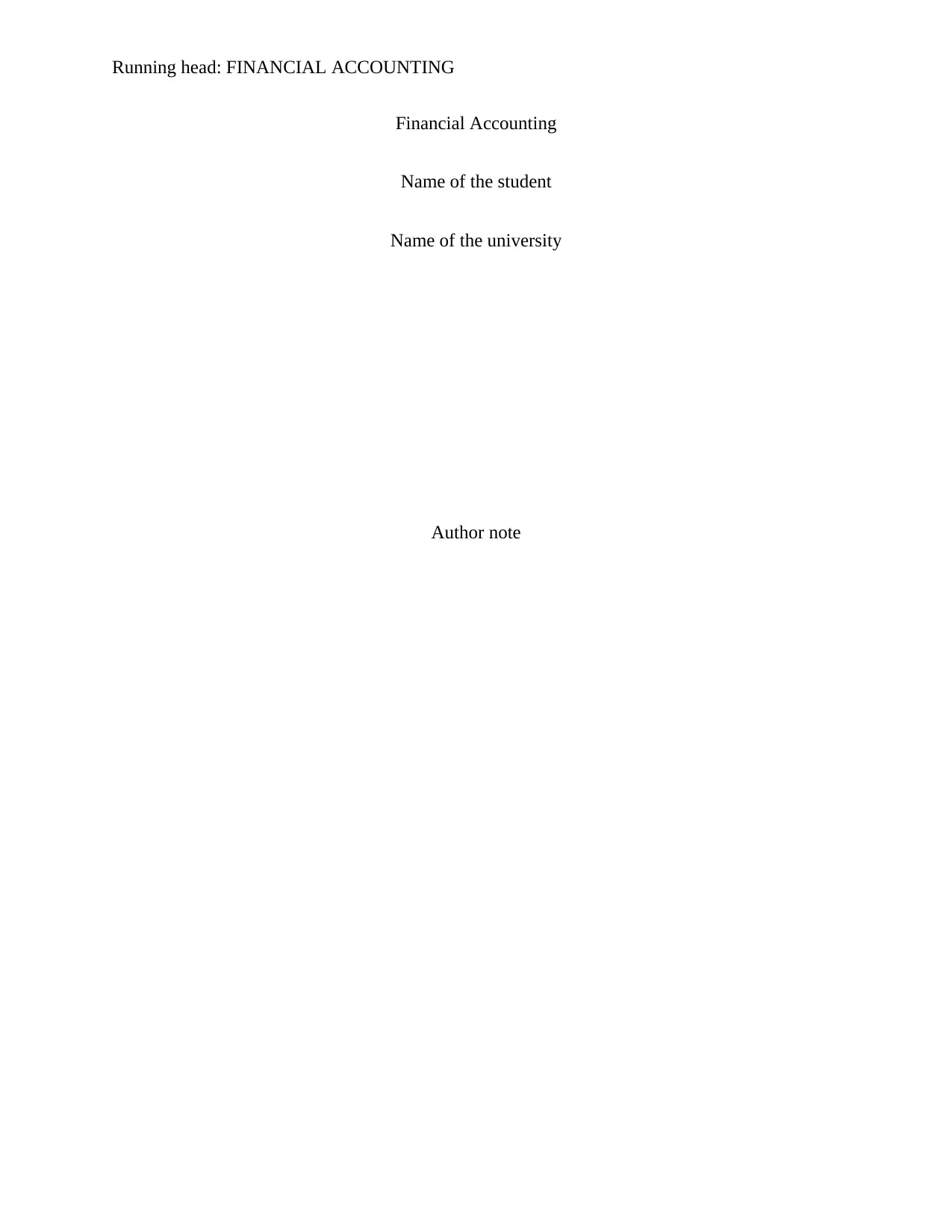
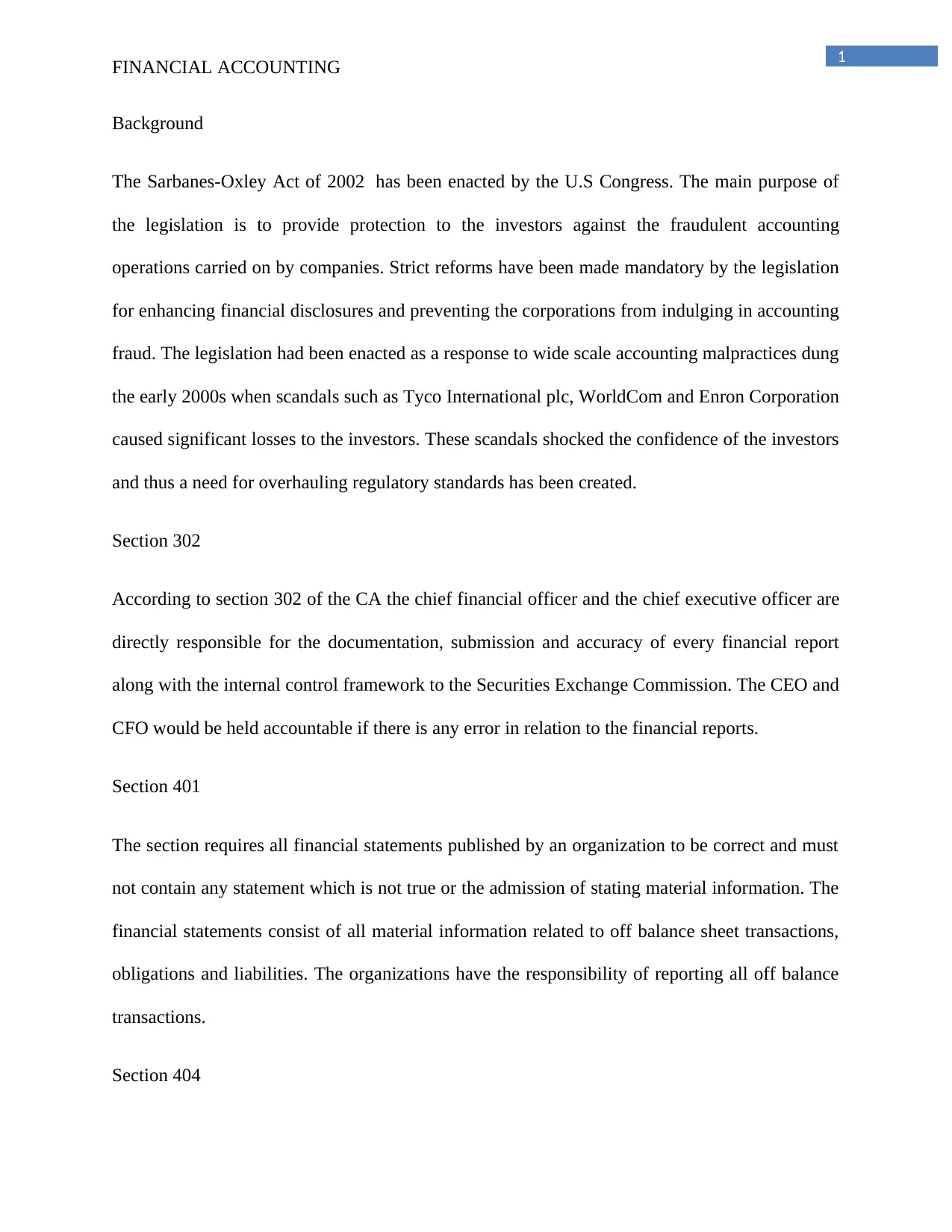
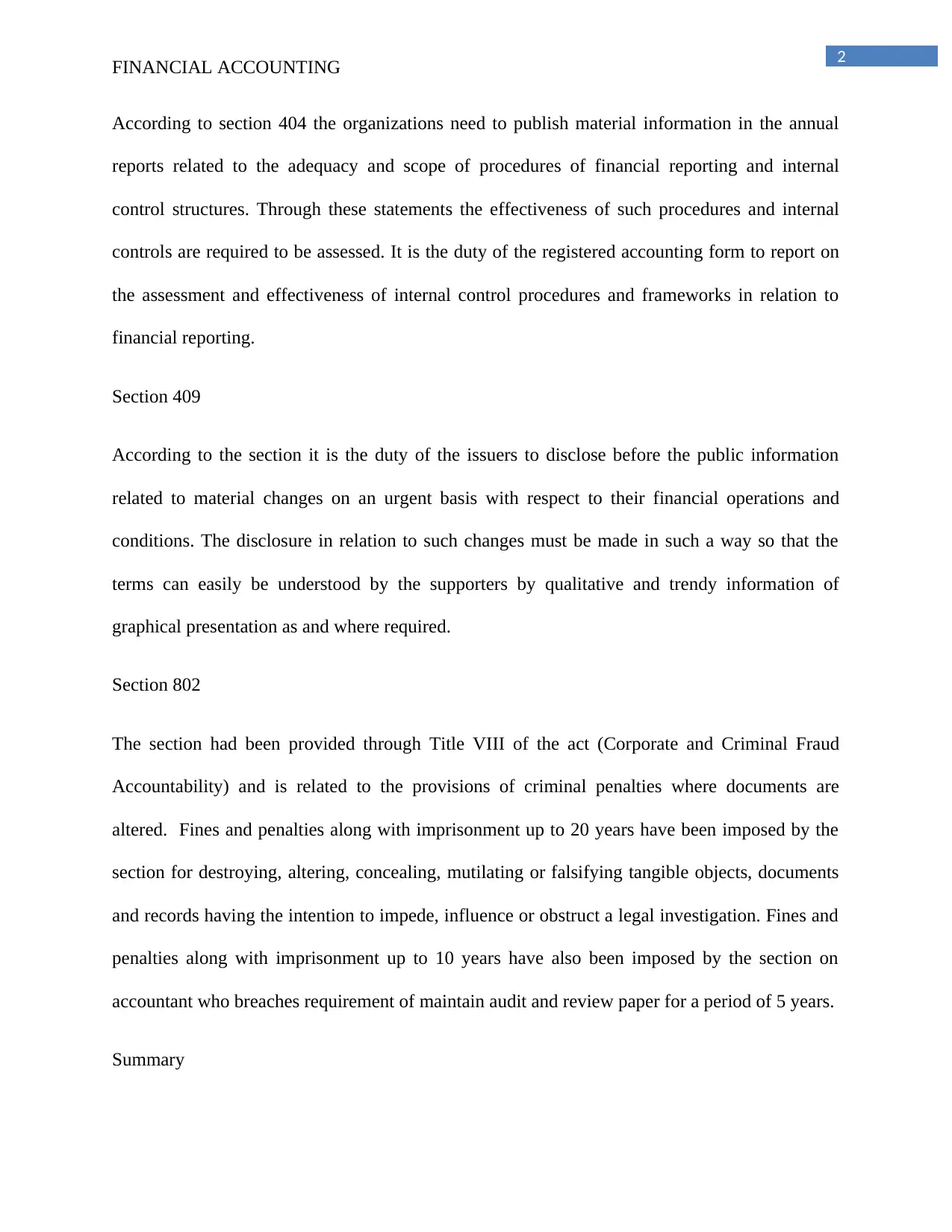

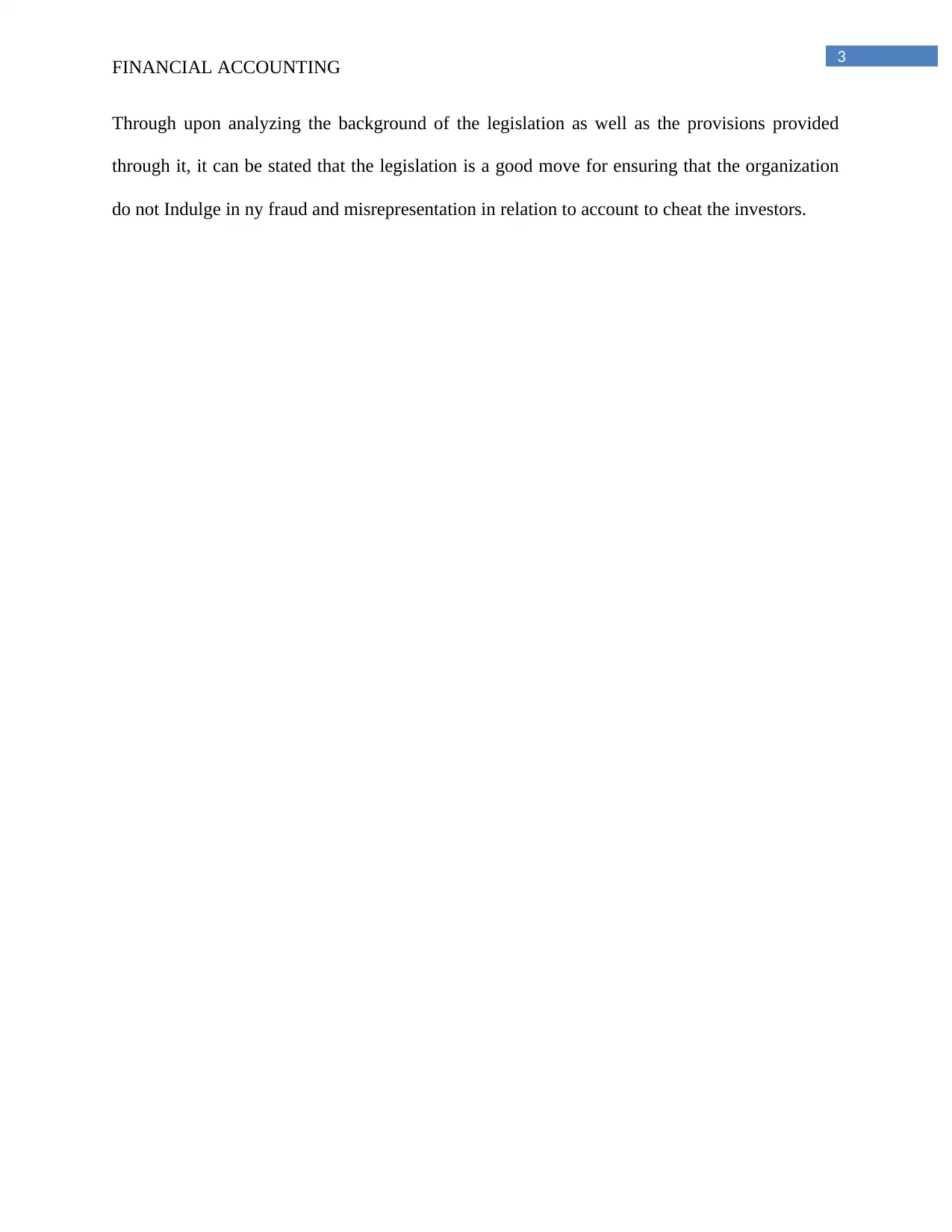
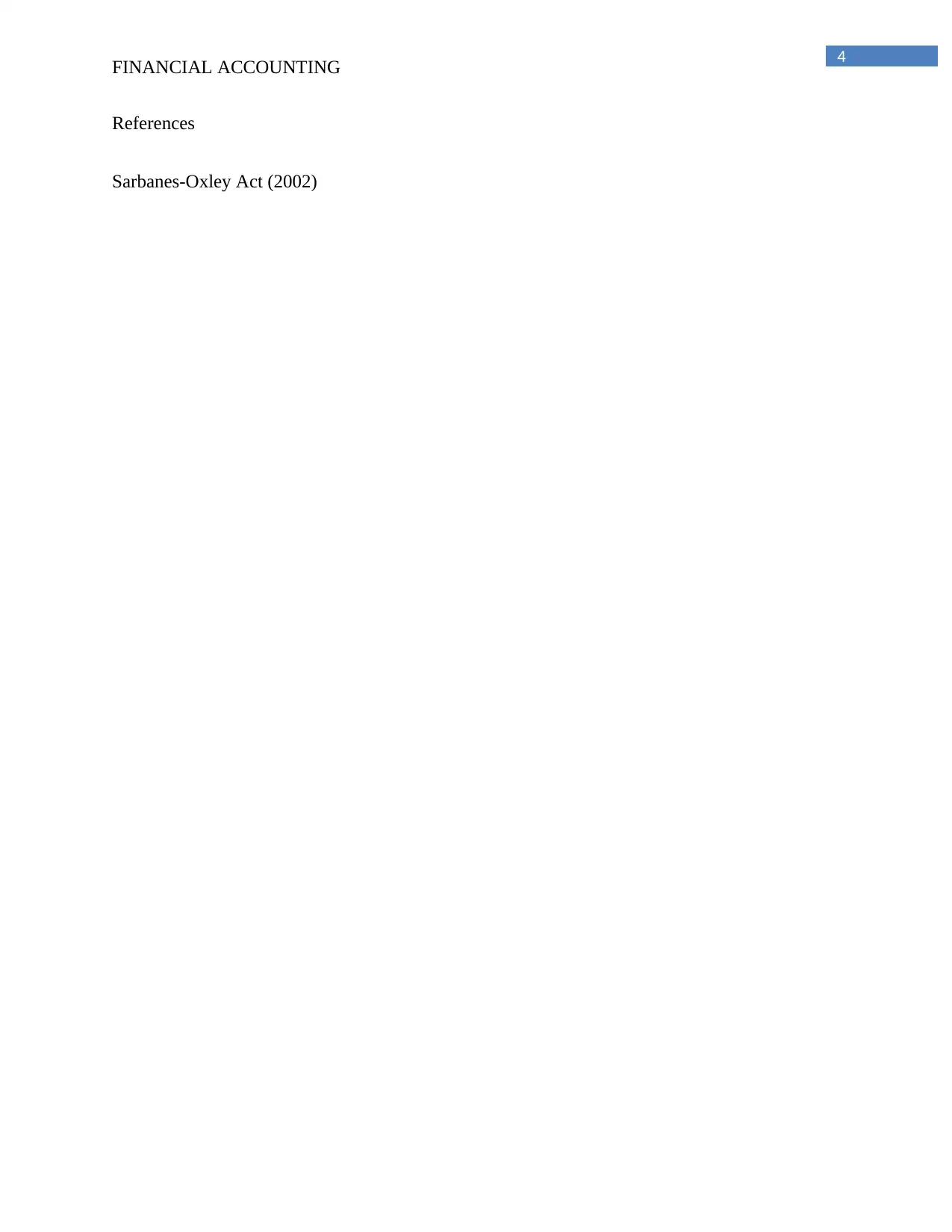





![[object Object]](/_next/static/media/star-bottom.7253800d.svg)